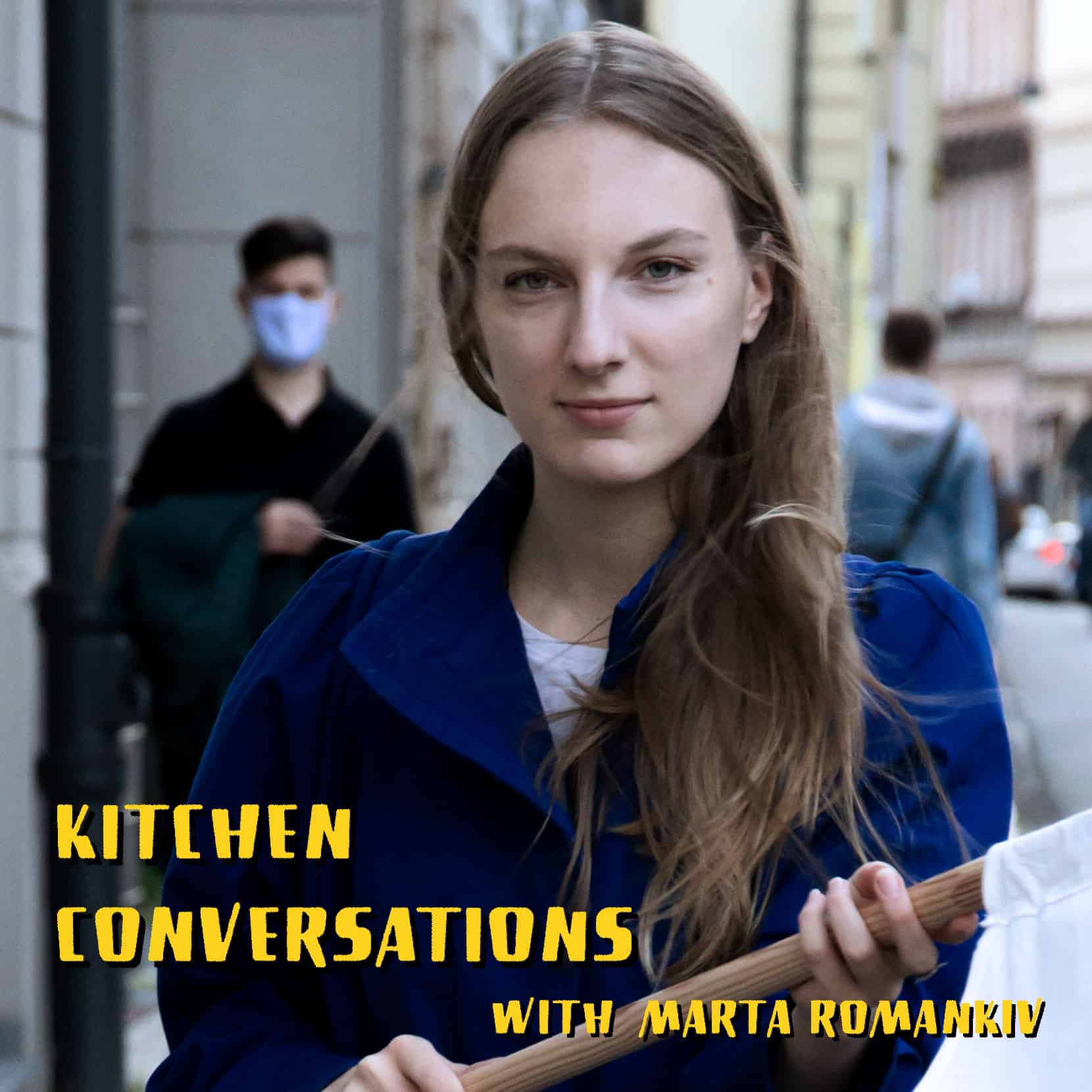Marta Romankiv is an artist born in Lviv, Ukraine who has been living and working in Poland for the past five years.
She graduated from the Pedagogical University in Cracow and the Academy of Art in Szczecin. When asked to describe her artistic practice, Romankiv likes to use the term “socially engaged.”
As part of her residency in Biennale Warsaw, Romankiv organised a social campaign ‘Immigrant, take a vote’, thanks to which immigrants living in the country could vote for the president of Poland. The symbolic elections were held in six Polish cities, before the first round of the presidential election. The primary aim of the campaign was to start a conversation about the rights of immigrants living in Poland.
After hearing about her project from various media channels I decided to contact Romankiv and arrange an online Kitchen Conversation. We began by discussing her idea and motivation to organise the symbolic elections. We then reflected on concepts such as citizenship, nationality, borders and more. During our talk we also touched upon the type of work she creates under the label of art and what advantages and disadvantages it brings.
Romankiv was one of the three finalists for the Allegro Prize that was co-organised by Contemporary LYNX. She was awarded third place, winning 5 000 PLN.
Insta: marta.romankiv
Link: (the original interview was done in Polish but below you can find the links to the overdubbed version)
“For us, the kitchen is not just where we cook, it’s a dining room, a guest room, an office, a soapbox. A space for group therapy sessions […] It’s where ideas were whipped up from scratch, fantastical projects concocted.”
Svetlana Alexievich, ‘Secondhand Time – The Last of the Soviets’
In the Western education system, the Eastern European narratives are often neglected or highly underrepresented. The podcast series Kitchen Conversations provides a platform for artists and researchers to share their interest in the post-Soviet part of the world. Through art to politics, the podcast invites the listener to explore and learn about the often stigmatised Eastern Bloc.


















